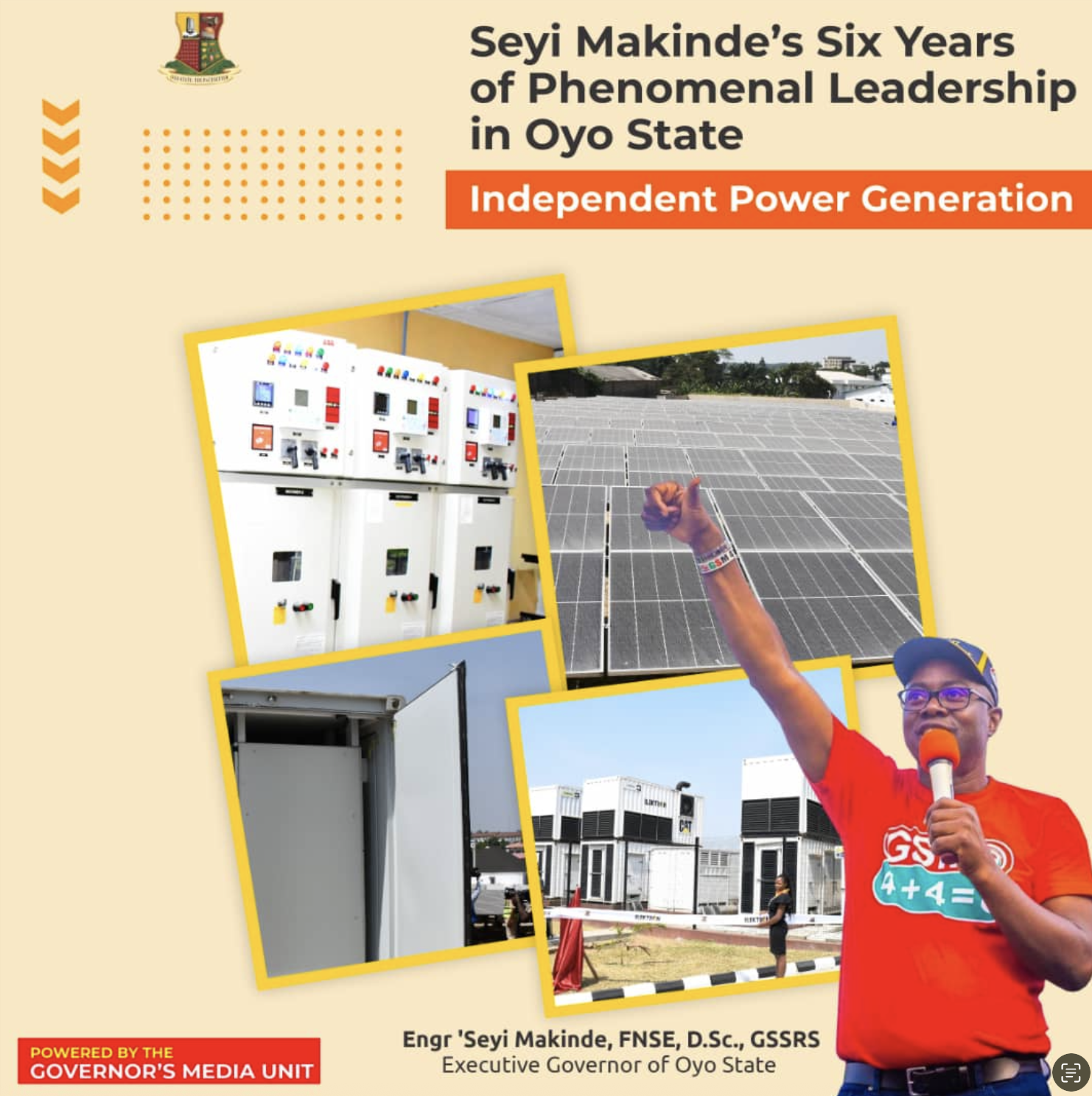As part of efforts to promote gender equity and ensure the safety of women and girls, the National Association of Women Journalists (NAWOJ), Oyo State chapter, organized a 3-day workshop on gender-sensitive reporting for women journalists in the state.
Declaring the workshop open, the Commissioner for Women Affairs and Social Inclusion in Oyo State, Mrs. Toyin Balogun, represented by the Director of Women’s Program, Mr. Ogunjimi Diya, commended Oyo NAWOJ for the initiative, adding that the Ministry will continue to collaborate with NAWOJ to ensure gender equity.
Delivering a lecture on “Journalists’ Rights and Gender Safety,” a gender activist, Mrs. Rafat Salami, emphasized the importance of women’s gender safety as one of the ways to right the wrongs in society. She explained that gender inequality is responsible for the problems in society today, hence the need for relevant stakeholders to be alive to their responsibilities.
The 3-day workshop, in collaboration with the Norwegian Union of Journalists, aimed to create a media sector that will empower, inspire, and promote a more just and equitable society for all.
Addressing the participants, the Chairperson of Oyo NAWOJ, Comrade Omolola Alamu, said the workshop is a crucial step towards a more inclusive and responsible media landscape. According to her, gender-sensitive reporting is not only a moral imperative but also a professional obligation.
“As journalists, we have a significant role in shaping public opinion and influencing attitudes. Our words have power, and it is our responsibility to wield that power wisely. We must recognize and challenge harmful gender stereotypes and biases that perpetuate discrimination and violence against women and marginalized groups.
“We must create spaces for diverse voices and stories, amplifying the struggles and triumphs of those often relegated to the margins.”
“Let us commit to reporting that is accurate, fair, and respectful. Let us prioritize safety and dignity in our coverage of gender-based violence.
“Let us hold ourselves and our colleagues accountable for the stories we tell and the impact they have,” Alamu said.


























